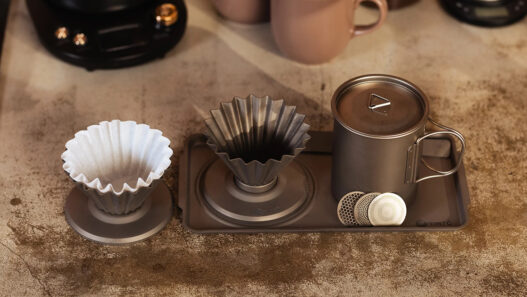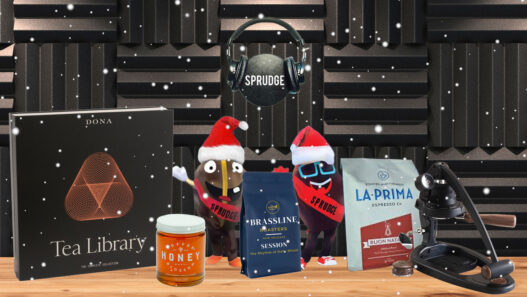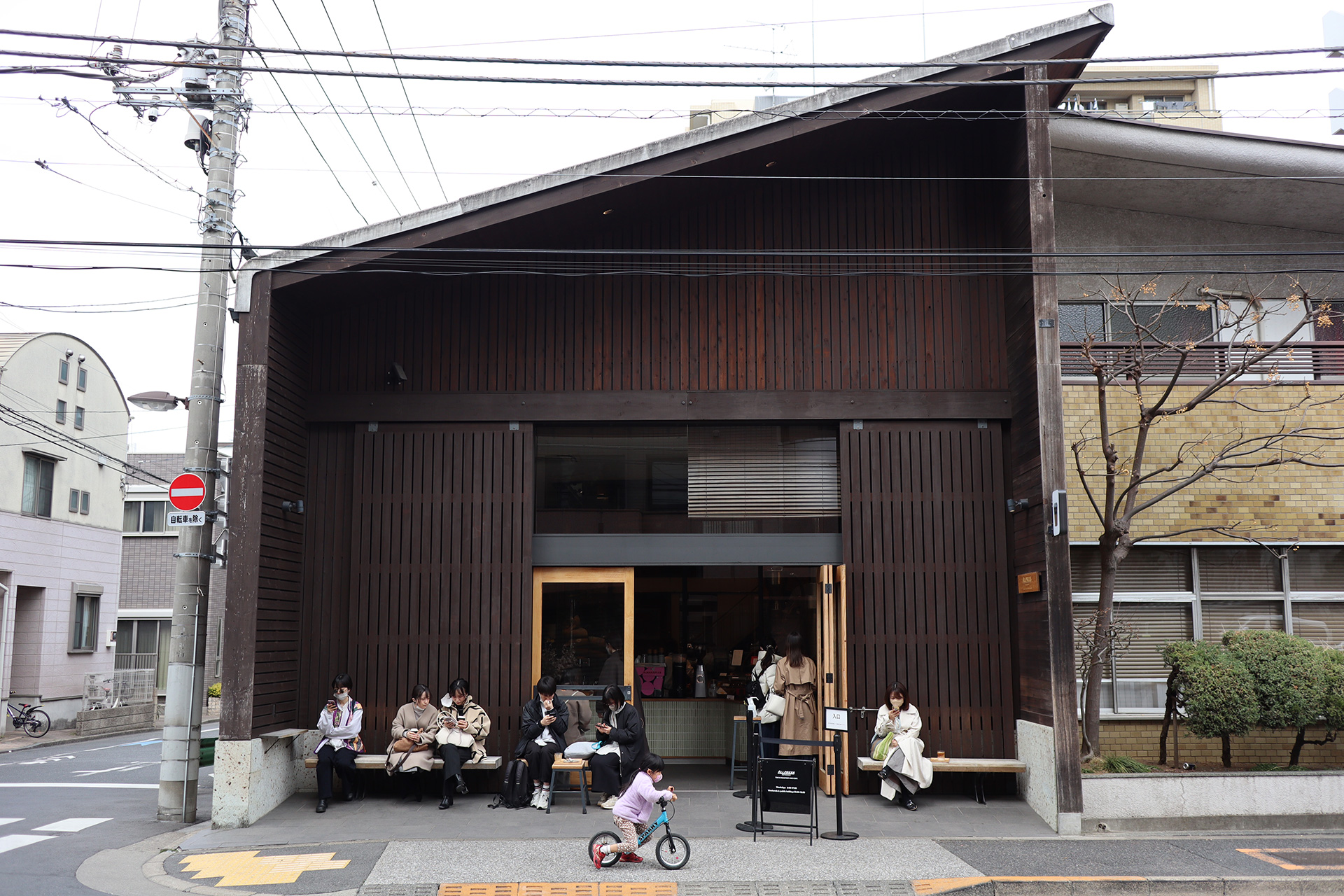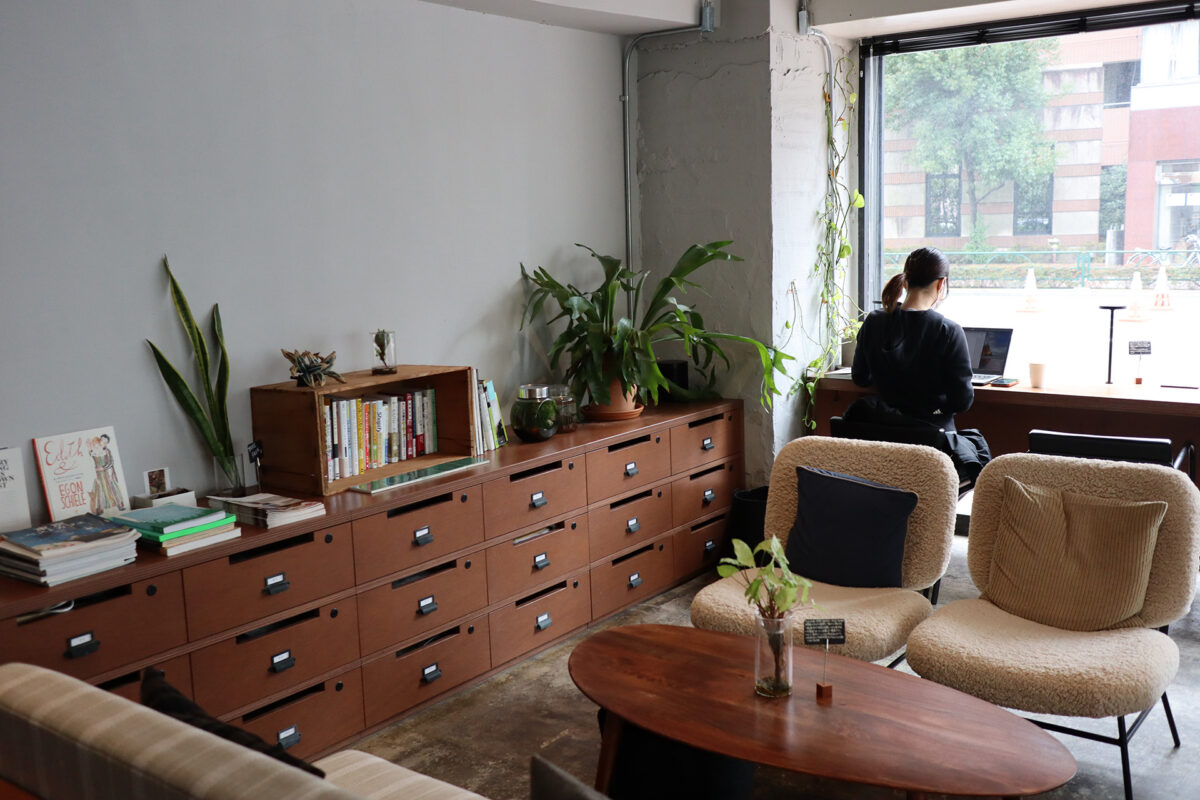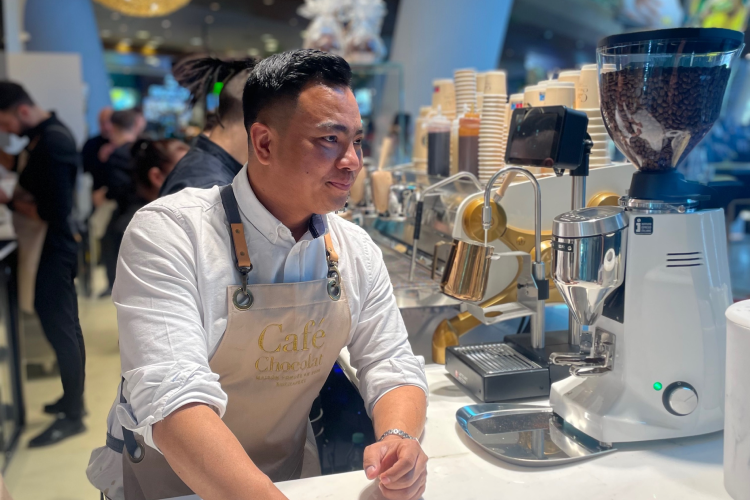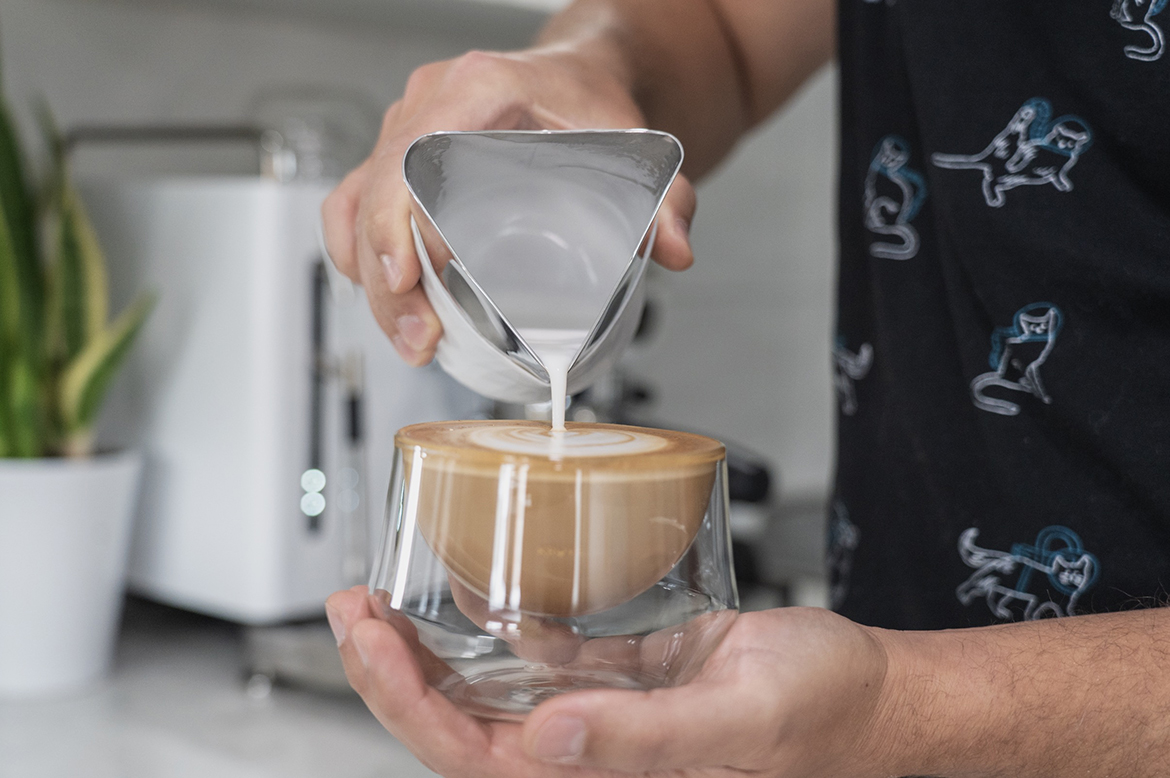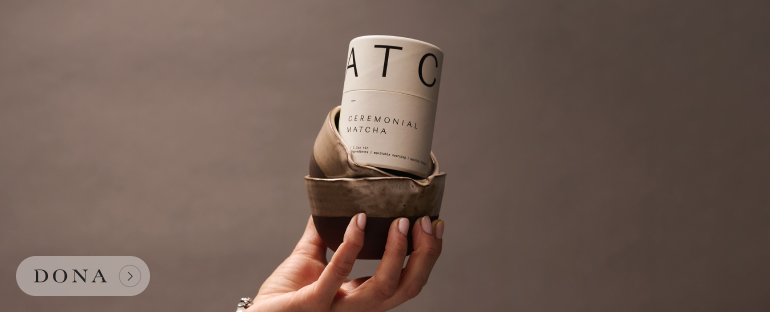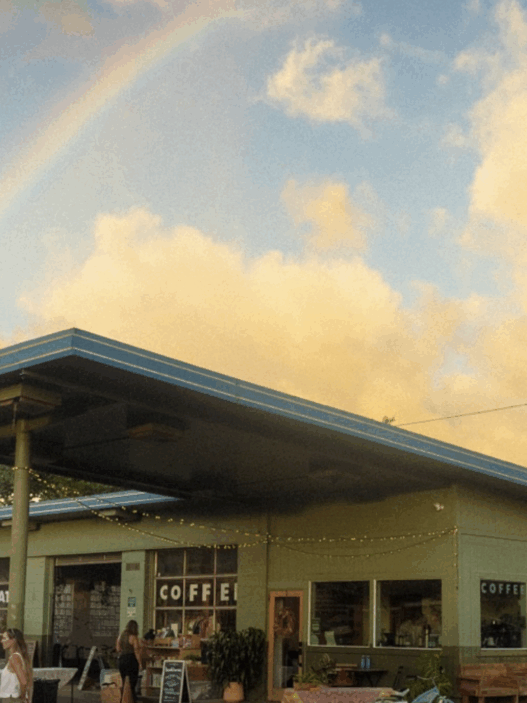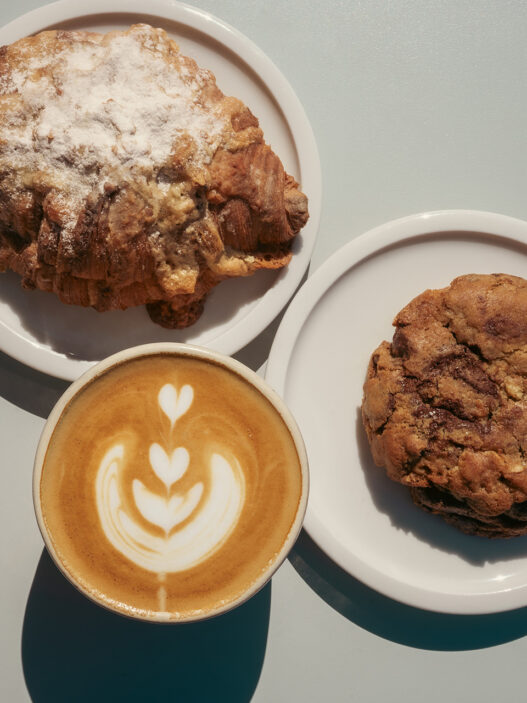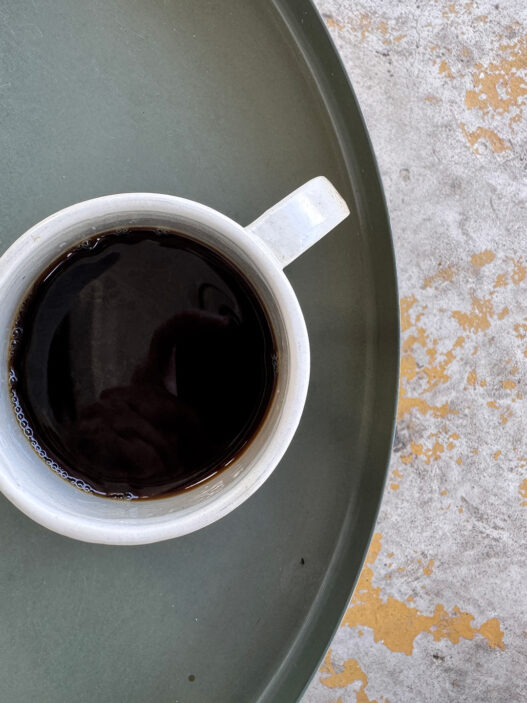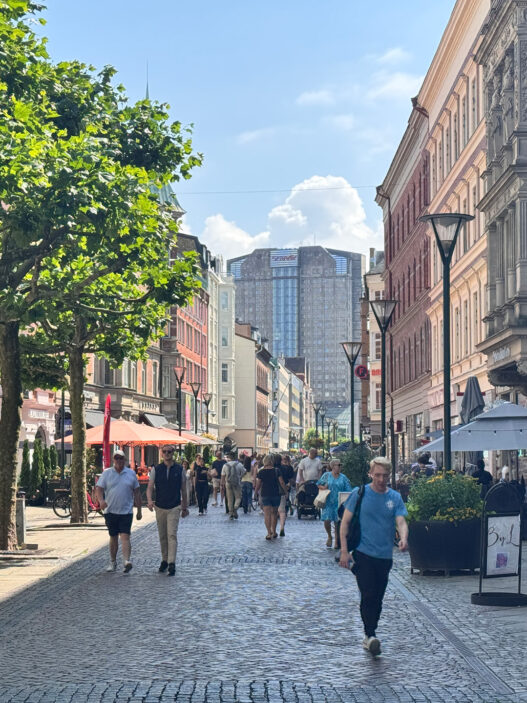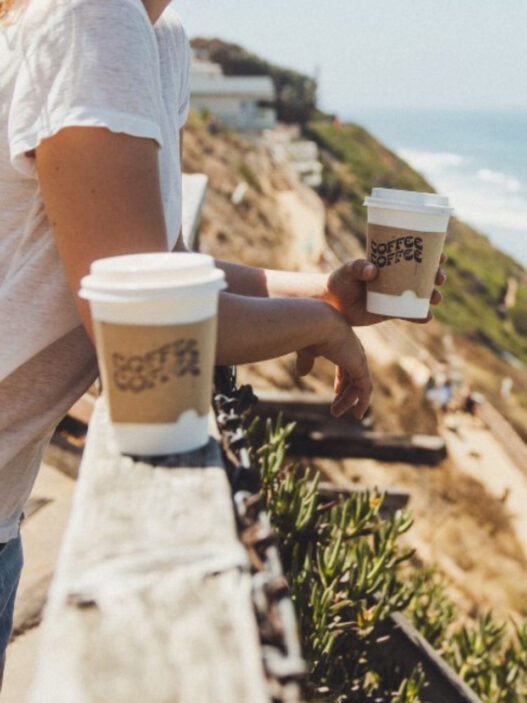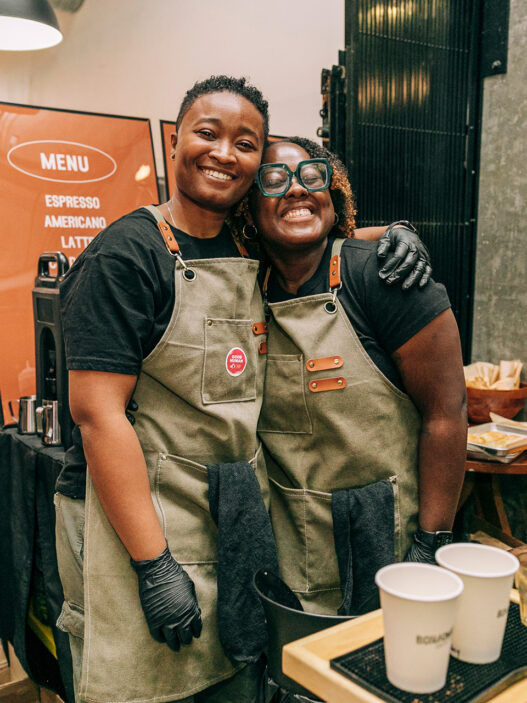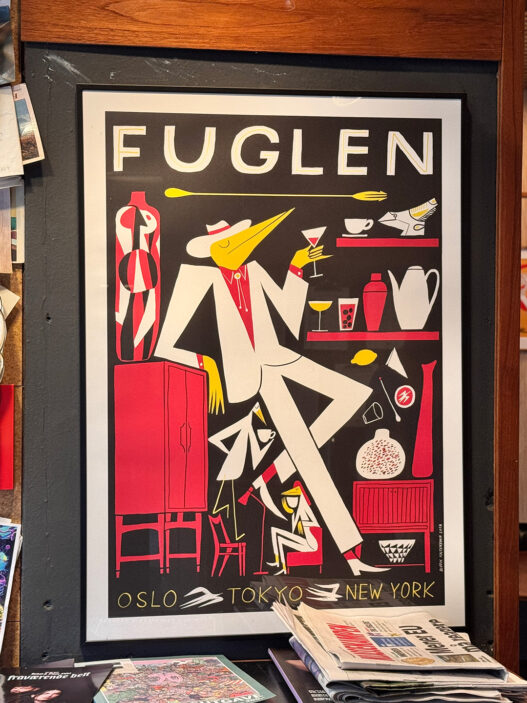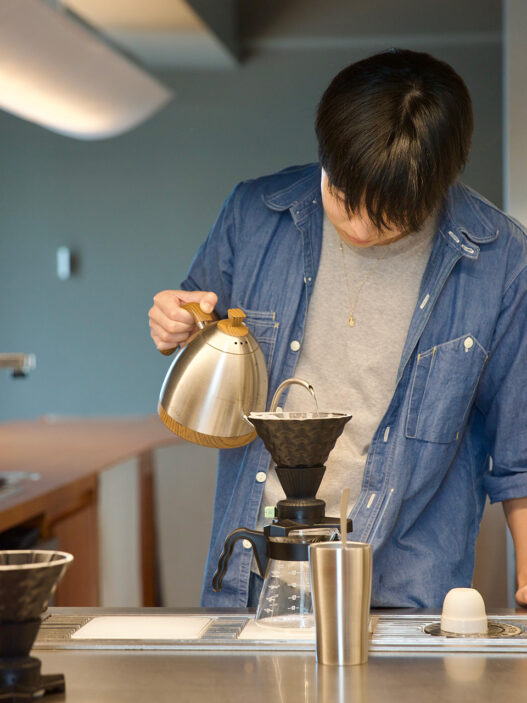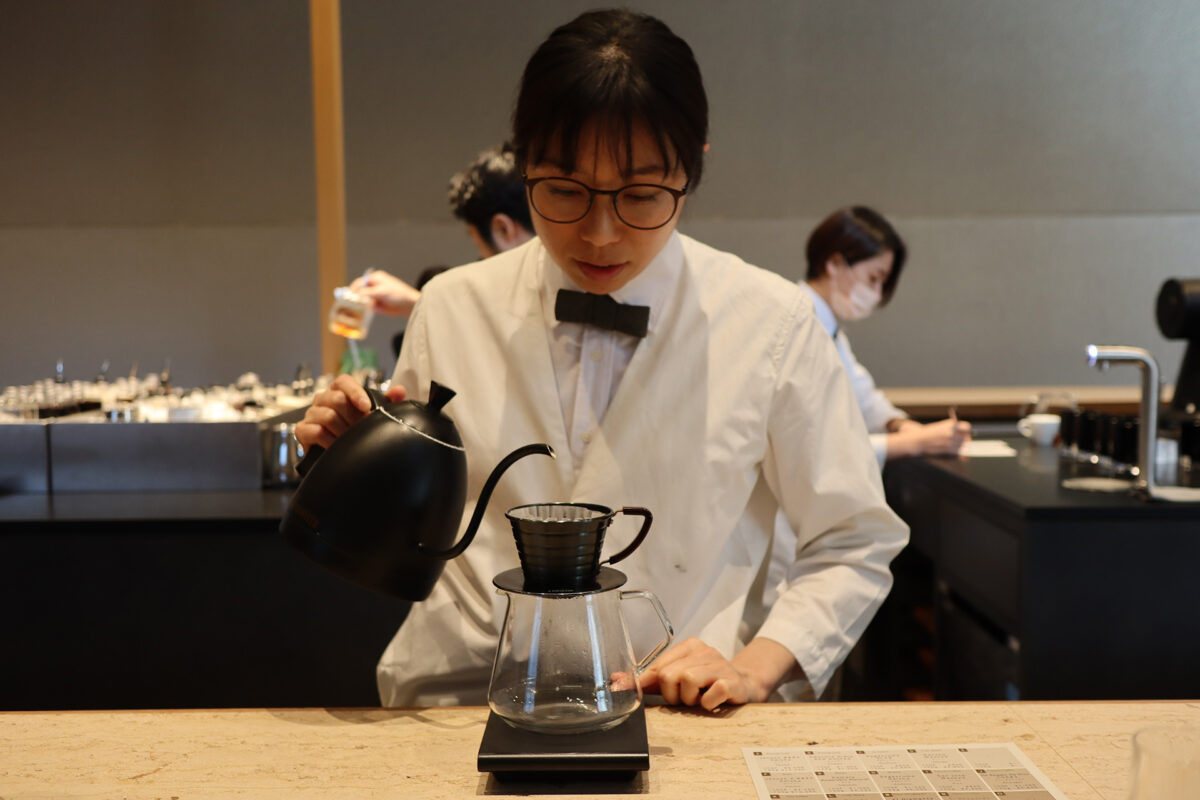
Behind its sleepy looks, the suburban residential area of Kyosyumi-Shirakawa hides a vibrant corner of Tokyo’s coffee scene. Located in eastern Tokyo, near the Sumida River, the locality developed into a hub for transportation and distribution of goods during the Edo Period (1603-1868) and became later home to paper and wood factories. While it turned into a residential neighborhood after World War II, old warehouses and factories still stand in the area. These abandoned facilities—together with lower rents compared to central Tokyo—began attracting coffee roasters around a decade ago, drawn by the district’s architectural potential and charms.
When the specialty coffee brand Blue Bottle settled here its Japanese flagship store in 2016, the coffee wave became even bigger. Shops and roasters—there are over 30 now in the area—have bloomed alongside the canals, between the river and Kita Park. Today Kiyosumi-Shirakawa is a self-proclaimed “coffee town,” drawing connoisseurs each weekend looking to discover an engaging coffee experience. These hotspots are also an invitation for art lovers to multiple coffee breaks: the area, home to the Museum of Contemporary Art Tokyo is filled with galleries and art spaces.
Here are just a few coffeeshops that make for an essential itinerary when visiting Kiyosumi-Shirakawa.
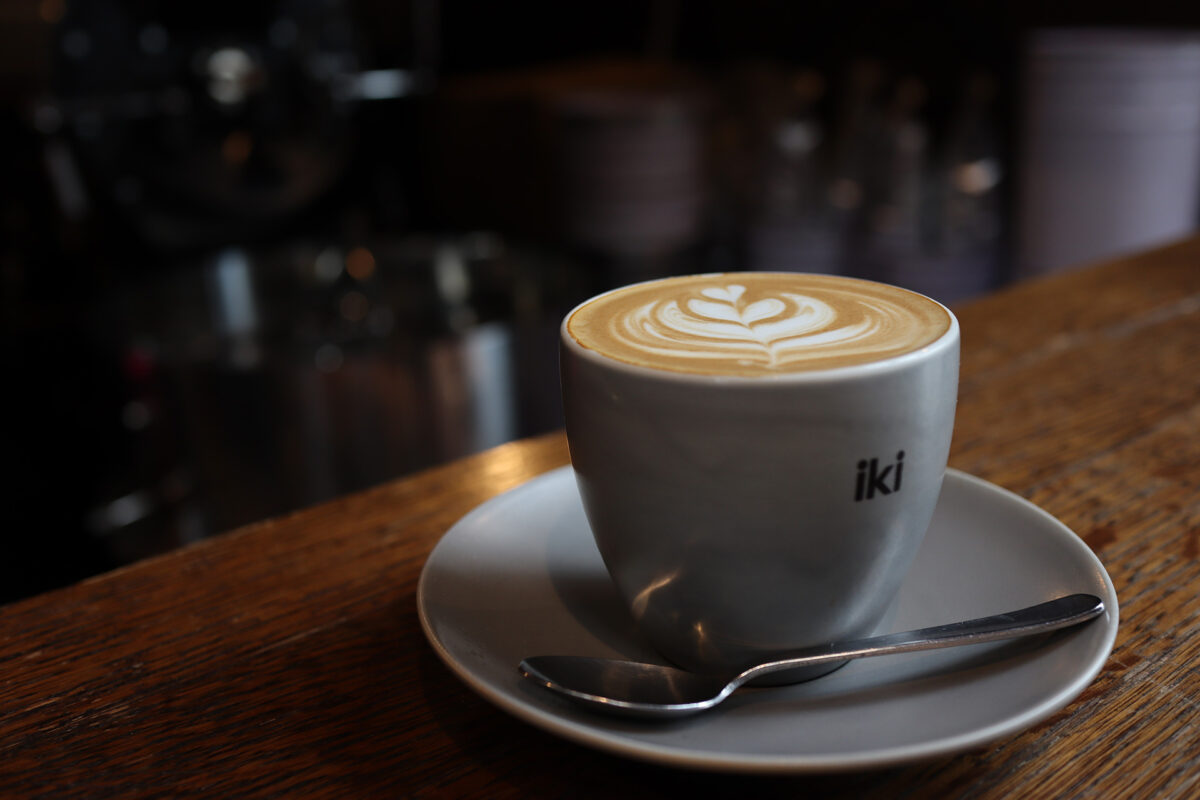
Iki
When Kim and Teru Harase came across this ancient waterside warehouse nearby the Sumida River (most recently home to a photography studio), they knew they found Iki’s second home. “We thought that we can have a place with the roaster and the cafe in a same place,” says Teru Harase; the shop’s original cafe, Iki Espresso, is just a few blocks away.
Inside the smell of coffee mingles with that of freshly baked bread; at the back of the building, a pastry team is preparing Kiwi delicacies. “We wanted to bring a tradition that we like from New Zealand, where good coffee goes with good food,” explain Teru Harase, who lived for more than 20 years in the country. Their new coffeehouse is an ode to craftsmanship under the same roof. “These warehouses are amazing, there are no walls or timbers in the middle, it’s a huge community space where people can gather,” he says. The New-Zealand’s touch can also be found in Iki’s cups: the couple serves flavorful flat whites—still rare in Tokyo—made with their own coffee blends. Their signature coffee can now been found in a dozen coffeeshops and restaurants around Tokyo.
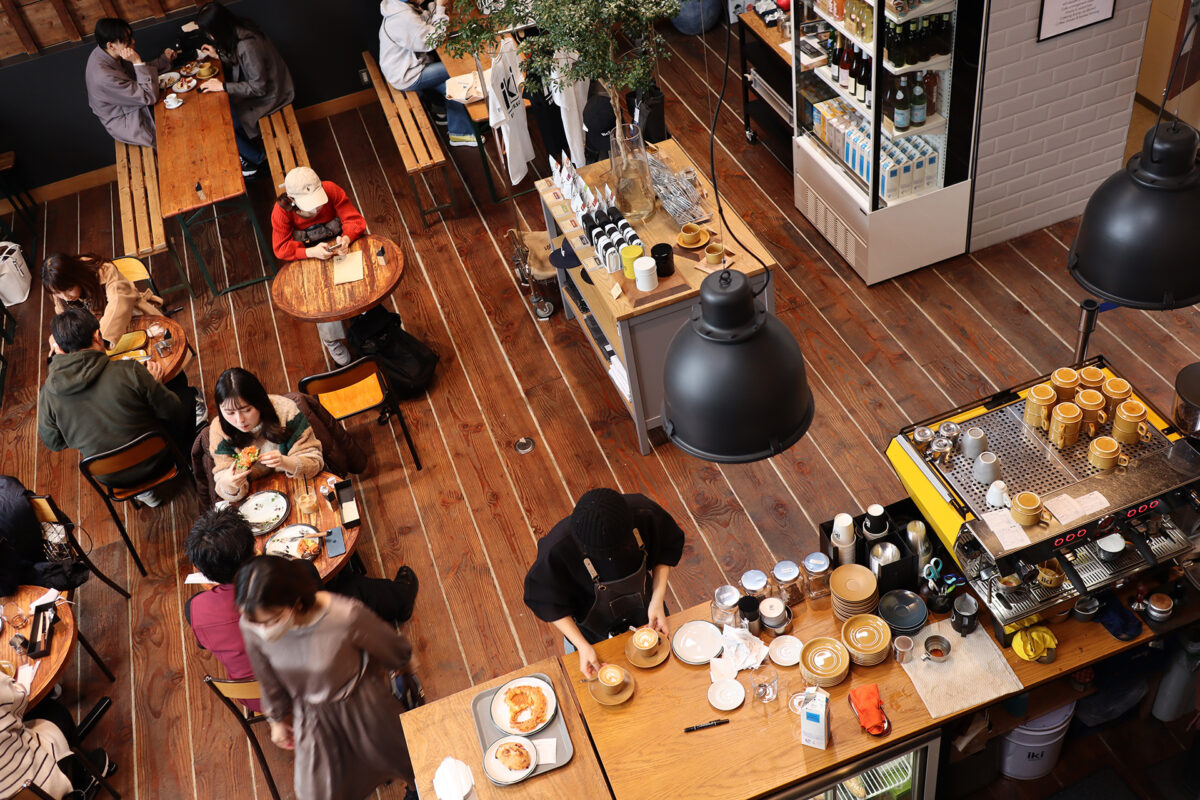
Kraft Coffee
Kraft Coffee is a space dedicated to creativity. Art and graphic design books and magazines pile up on the coffee tables, comfy reading chairs are readily available, there’s a counter by the window to do people watching, and a large wooden high table anchors the coworking area. Owner and barista Reikou Ou chose to be located inside an office shared with designers, ideally situated near by the park, the station and the river, convinced that “a coffeeshop is the perfect place to create a lot of interactions, and here, they can happen between the coworkers and the coffeeshop’s regular customers.”
Falling in love with coffee when she was a student, Reikou Ou educated her palate through her coffee’s explorations. For Kraft Coffee, the self-taught cafe owner carefully chooses her beans by sourcing them from the best roasters in Japan and overseas, making sure to always offer several options to try (three different roasts for pour-overs, one decaf, and one for espresso) that she changes every week. She provides plugs—“it’s a need for creative people who are coming here to work on their projects”—but not WIFI.
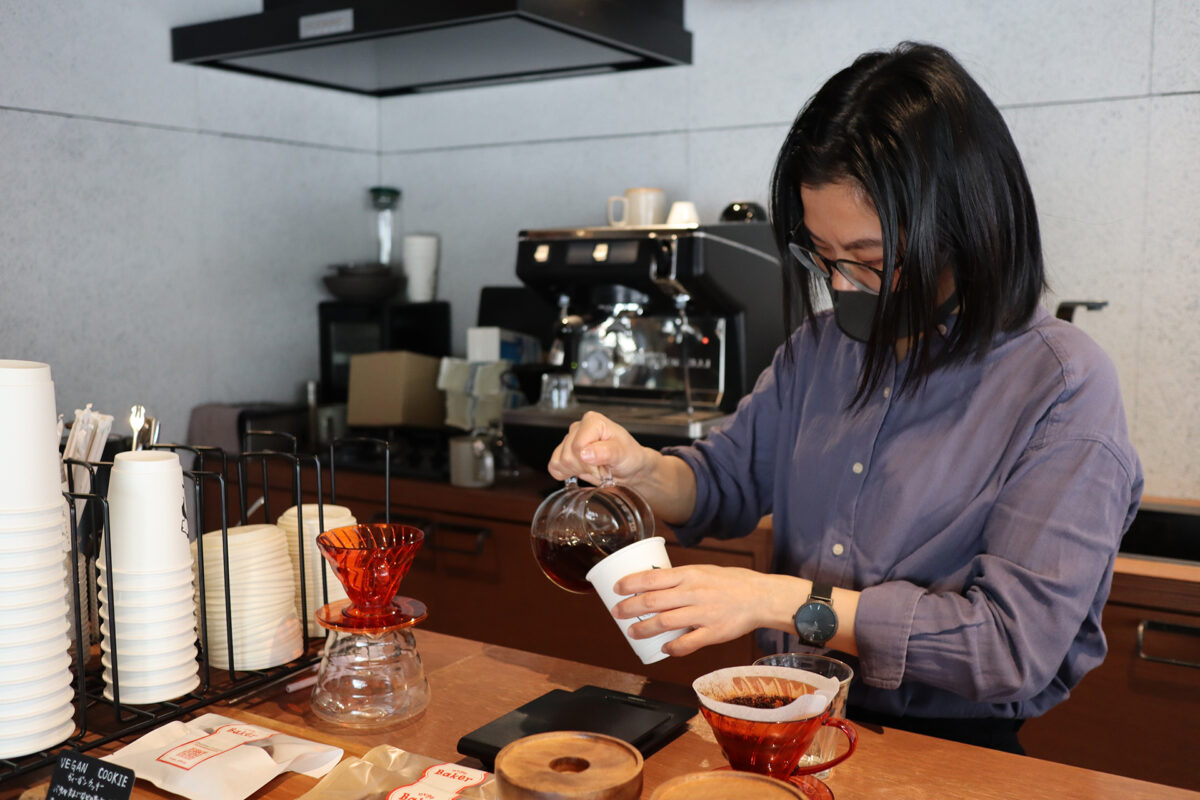
“I don’t want people to spend hours in front of their computer,” Reikou Ou says. “I’m more interested in offering a space to make connections.”
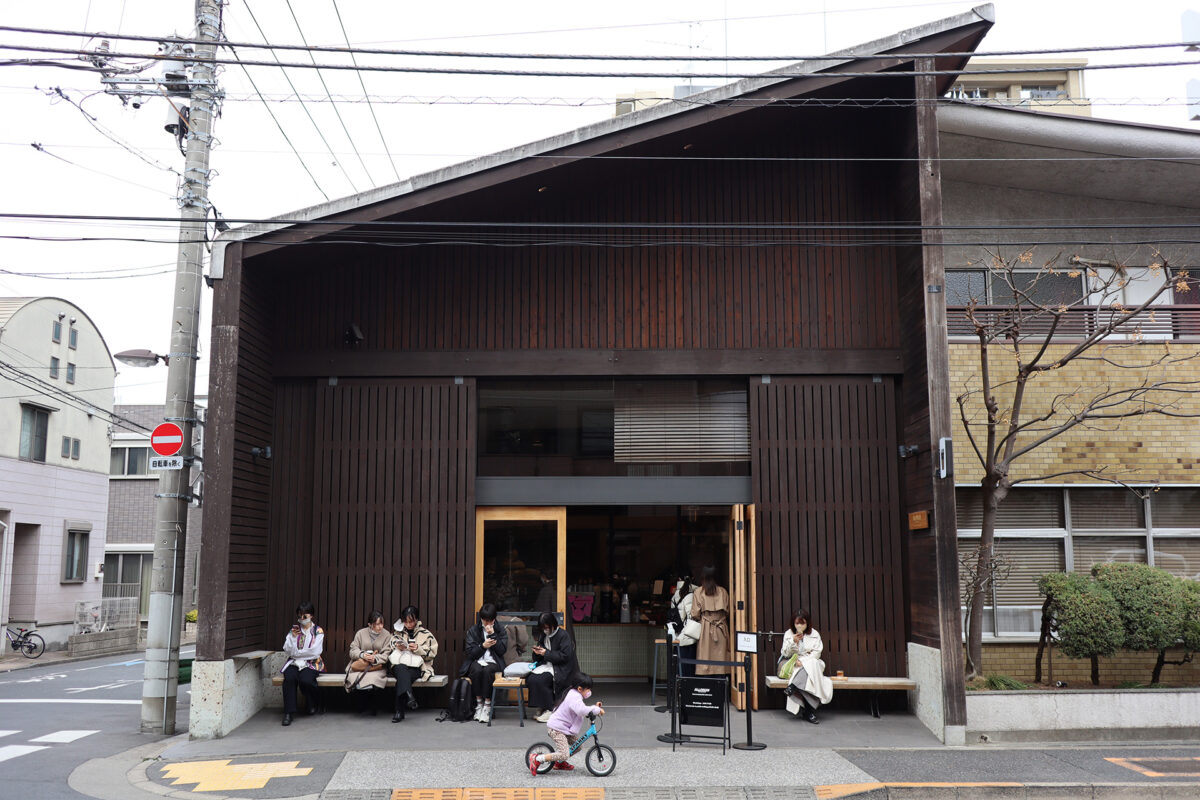
Allpress Espresso
Exhibited behind large glass windows, the coffee roasting machine is the main protagonist of Allpress Espresso. Entering the space feels like being in the heart of the roasting process. The New Zealand brand, based in Australia, UK, and Singapore, draws on founder Michael Allpress’s interest in kissaten culture, and has acquired a former timber warehouse for the brand’s Japanese flagship store.
The charming building, with its wooden walls and visible timbers, is a perfect place to enjoy an espresso or a pour-over, and has been embraced by both local and international visitors to the neighborhood. Their seasonal blends, like the Sakura blend available as soon as the cherry trees start blossoming, are especially worth a try.
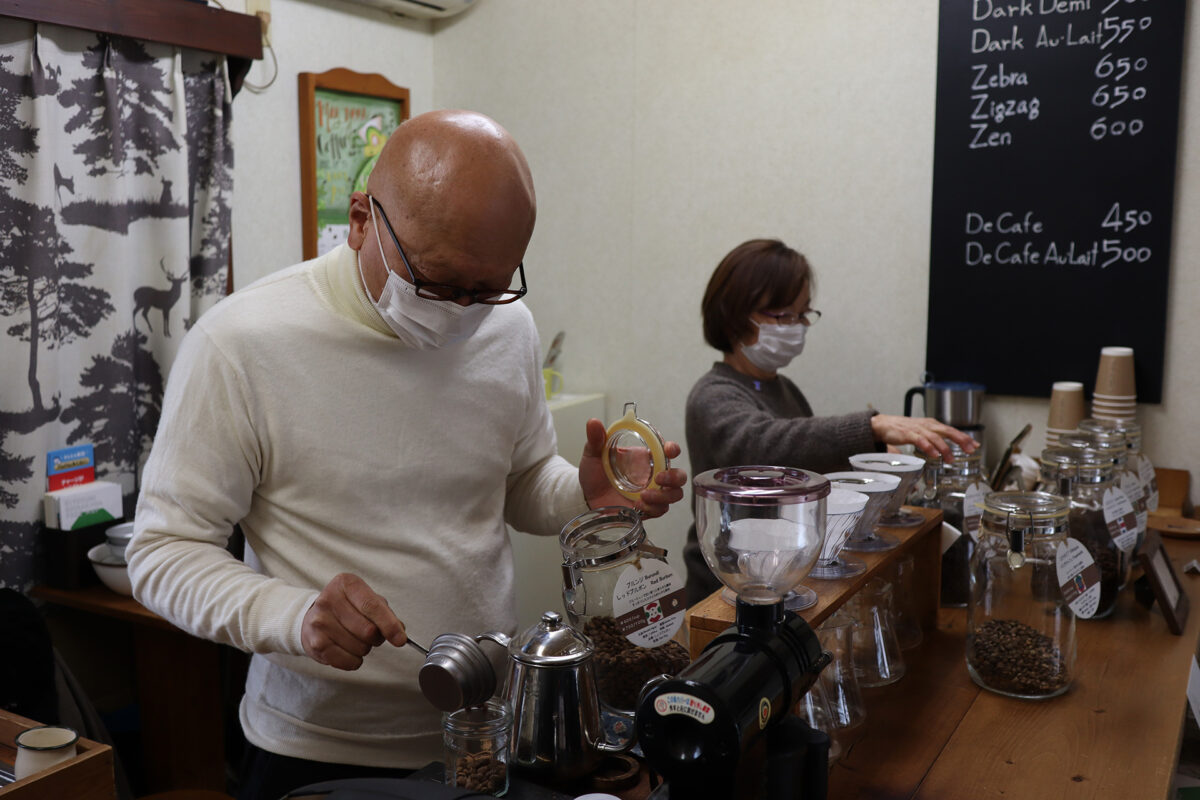
Sunday Zoo Coffee and Beans
A mellow smell of ground coffee perfumes the few square meters of this microroastery and coffeeshop. Stopping by Sunday Zoo feels like showing up in Nobuharu and Akemi Okuno’s kitchen. When the couple opened their shop 10 years ago, the area was much quieter than it is now. Today, while coffee shops fill almost every street corner, the place remains a landmark for the neighborhood’s residents, who come to the cafe as much to drink a lovingly prepared coffee as to chat with the owners.
After retirement, Nobuharu-san found himself dreaming about roasting his own coffee. He started by learning with books; today he’s considered one of the country’s most respected roasters, working only on small batches (1kg at a time) of single origin coffees. People visit from around the world to experience this approach, and on the wall of Sunday Zoo you’ll find world map full of stickers, the records of each encounter: “I got customers from Peru, for the first time yesterday,” the owner says proudly. “Coffee is not just about taste, it’s about sharing with people.”
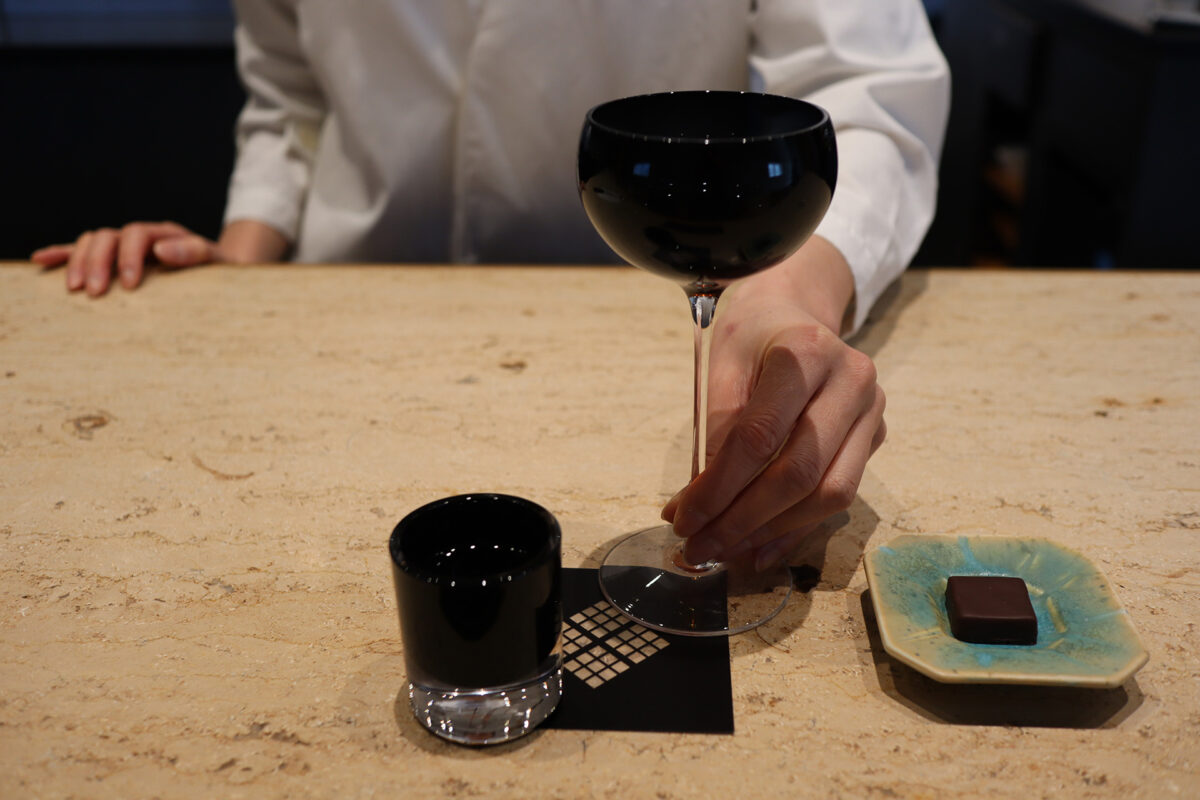
Koffee Mameya Kakeru
Coffee bags framed as a work of art, baristas in lab coats and bow ties—this mysterious cafe’s entrance hides a unique space mixing the expertise of a lab with the classy vibes of a bar. People come here to explore coffee’s finest nuances; some even feel it’s the best coffee bar in the world.
“I wanted to create a place dedicated to the know-how of baristas and their creativity,” says Eiichi Kunitomo, CEO and barista of Koffee Mameya Kakeru. In front of us, the baristas are performing, showing their skills and explaining the coffee’s secrets, from brewing methods, to tasting tips, to pairing. “That’s why we don’t roast here,” he tells me. “It’s a job in itself. We would rather focus on making the best of the ingredient already transformed.”
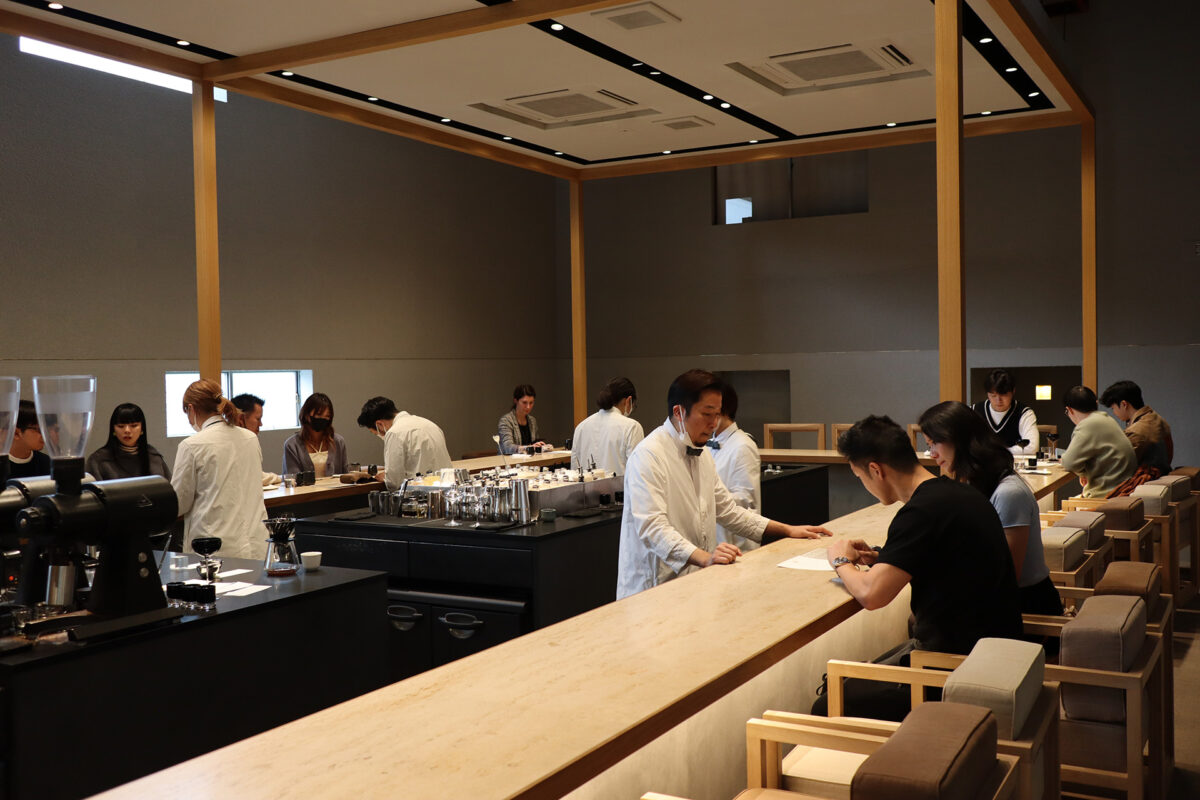
Coffee here is served in courses, which start at 3,500 yen, or about $26. The equivalent of two cups of coffee are brewed by a dedicated barista. In order to appreciate its fine subtleties, one type of coffee is used to make several drinks, prepared according to different methods: starting first with cold brews (using water and then milk) and mocktails (the recipe mixing non-alcoholic gin, fermented cocoa pods vinegar, and pineapple and cocoa syrup was exquisite). Service ends with a pour-over in a specially designed tasting cup. At the end of the experience, you’ll walk away from Koffee Mameya Kakeru with improved coffee knowledge, and a new appreciation for the culinary impact of this beautiful beverage.
Aimie Eliot is a freelance journalist based in Tokyo. Read more Aimie Eliot on Sprudge.






